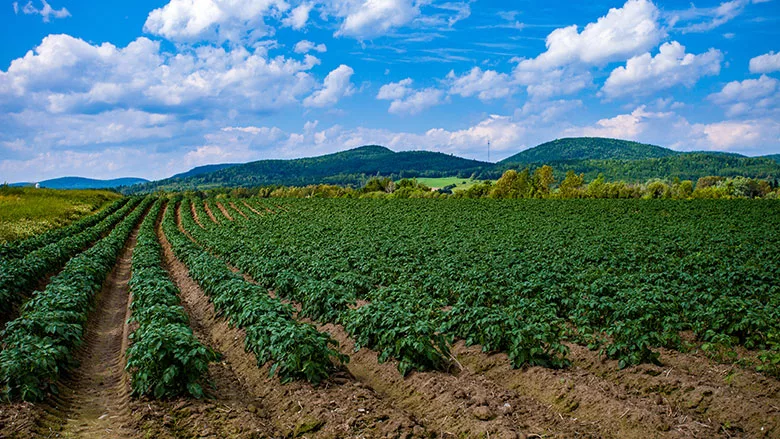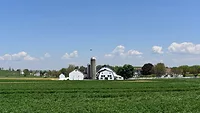PFAS Hurting Farmers, Maine Lawmakers Call on USDA for Help

Bruce Peter Morin/iStock/Getty Images Plus via Getty Images
Per- or polyfluoroalkyl substances (PFAS) are under scrutiny in Maine, as the state’s congressional delegation called on the U.S. Department of Agriculture (USDA) to help Maine farmers cope with the effects of lasting PFAS contamination. Maine’s plea follows a bill introduced to the Senate in November 2021 that seeks to ban the use of PFAS as a food contact substance.
Maine lawmakers’ statement to USDA cites the increasing levels of PFAS being found in soil, water, animal feed, crops, and livestock on the state’s farms. The congressional delegation is seeking federal assistance in the form of loans and emergency assistance. The request was made amid a multimillion-dollar effort to sample, treat, remediate, and monitor PFAS in Maine.
PFAS, which never break down and remain present in the environment and human body, are often called “forever chemicals.” The substances’ link to increased risk of cancer and other serious health issues are a rising food safety concern. Federal efforts to better understand the presence of PFAS in the U.S. food and water supply are ongoing.
Looking for quick answers on food safety topics?
Try Ask FSM, our new smart AI search tool.
Ask FSM →








